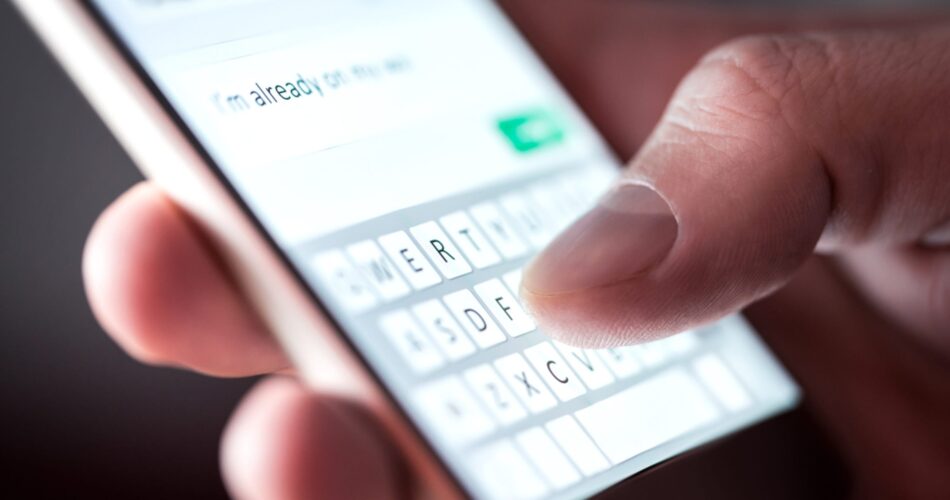
DM stands for “Direct Message.” A DM is a private message between two people, usually on a social media website or app. Although it originally referred to private messages sent on Twitter, “DMs” now refer to private conversations on almost every social media platform.
Have ever heard the term “DM” used during a conversation about social media, in a text message, or on discussion boards and wondered what DM means or what it stands for? Here’s everything you need to know.
Direct Message
So, what is a DM? When referring to digital communication or social networking sites, DM stands for “Direct Message.” A direct message is a private communication, usually between only two people. In that way, they differ from other means of communication on a social network, such as comments, status updates, or group chats.
You might see the term used during a public conversation on Facebook or another public website when more privacy is needed, such as “send me a DM”. It can also be used to tell people that you are accepting private messages, for example, “My DMs are open”.
Another well-known example is “slide into my DMs.” This usually refers to an unsolicited private message with romantic or sexual overtones. Most of the time, the person “sliding into DMs” is a stranger to the recipient.
Nowadays, the term DM is used to describe private messages on most social media platforms, from Instagram to TikTok, no matter what the site actually calls them. A few have tried to rename private messages, including Twitch. Officially, private messages on Twitch are called Whispers, although they are still often called DMs by both content creators and the streaming audience.
The History of DM
The use of the term DM instead of older terms like IM (Instant Message) or PM (Private Message) rose in popularity due to Twitter.
The official name for private messages on Twitter was and still is direct messages. Twitter users quickly began to shorten “Direct Message” to “DM” to avoid bumping into Twitter’s character limit for tweets. On Facebook, DMs were more commonly called messages or chats before the use of DM spread around the Internet.
The first definition of DM as it relates to messaging was added to the bible of modern slang, Urban Dictionary, all the way back in 2008. Twitter only launched in 2006, so it didn’t take very long for the term to permeate the vocabulary of social media users.
RELATED: How to Use “Secret Conversations” on Facebook Messenger
DMs Before Twitter
There are a few alternative uses for DM which have been around for a lot longer than Twitter or direct messages. Most are fairly niche and don’t refer to messaging or communication. Some of the better-known uses include:
- Dungeon Master: In games like Advanced Dungeons and Dragons (AD&D), DM can stand for Dungeon Master, the game’s organizer.
- Dr. Martens: Boots made by the famous shoe brand are also commonly referred to as DMs, as in “Check out my new oxblood red DM’s.”
There are a few other possible meanings for the term DM, but none have achieved the same widespread use as it has for direct messaging. If you hear DM used in a conversation related to anything online, digital or social, it will be referring to private messaging.
Examples of Using DM in Text
As with most Internet slang, there aren’t really any formal rules about how DM should be used. It can be used on its own, or be pluralized by adding an “s,” e.g. DMs. It can even be used in the past tense by adding “ed” or “‘d.”
Here are some examples of how you can use DM in text and real-life conversations:
- “Send me a DM later”
- “This creepy guy slid into my DMs last night”
- “DMs are open, let me know your thoughts”
- “Bike for sale, DM for details”
- “She DM’d me about it yesterday”
Now you know what DM means and how you can use it, so why not learn the meaning of common terms people use in their DMs, like FS, IK, and BC?

Source link


